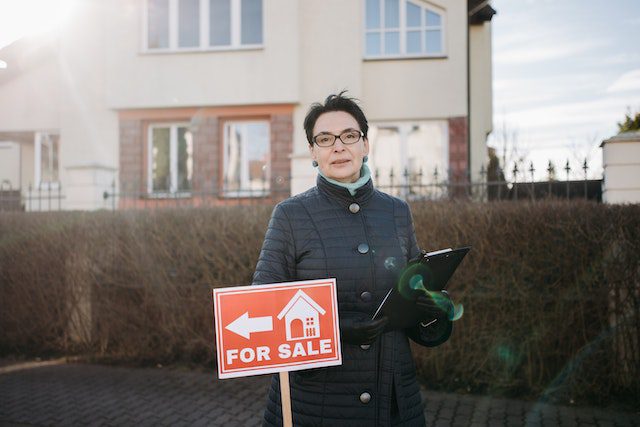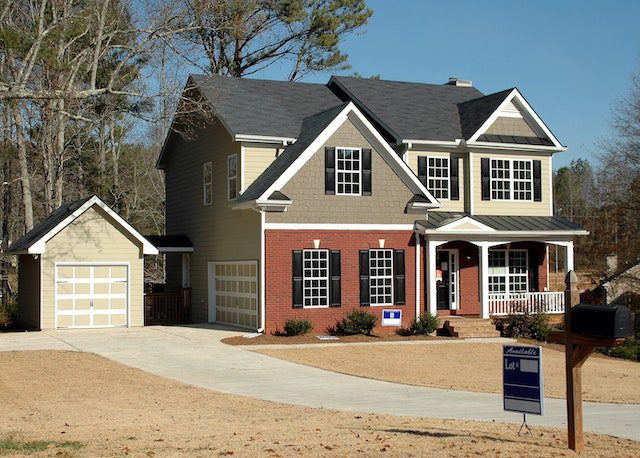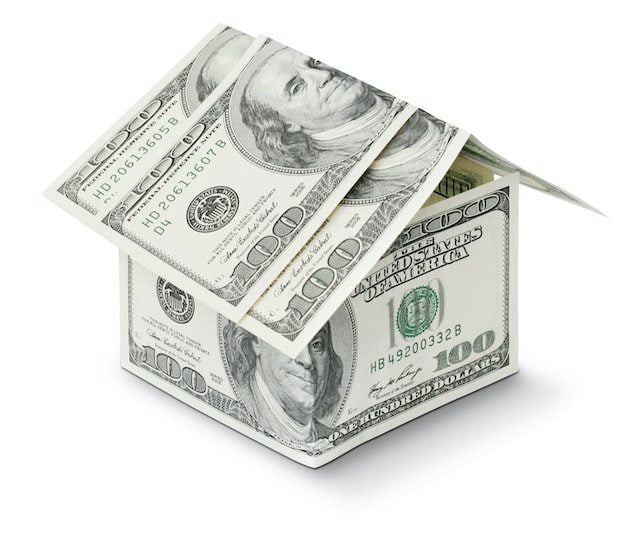Factors That Impact Your Home Property Value
Numerous factors impact your home property value, from local real estate trends and the housing market to the property’s condition, size, location, and aesthetics. If you’re preparing to put your property on the market, paying special attention to these factors is essential. Precisely, why? Yes, it will show you how to determine the price of your property correctly and how much you can make from a sale. But that is only half of the story. It also helps you understand what drags property values down and what drives them up. After all, homeowners are always on the hunt for clever ways to boost their home’s value and maximize their profit. Selling your home and curious about what your property is worth? Stick around!
How is the value of the property determined?
It is essential to mention that there isn’t a one-size-fits-all formula for determining what a home is worth. However, a few variables, such as those listed below, tend to shape a home’s value the most.

Setting the right price on a home is vital. Unfortunately, there isn’t one standard formula.
1. Location and neighborhood
Perhaps one of the most critical factors that impact your home property value is location. Is it close to the center of the city? Are there any quality restaurants, local schools, shops, major highways, public transportation, or other amenities? Willing buyers in the market usually prefer a shorter commute or proximity to nearby entertainment, shopping, and recreational centers. Still, other livability factors, such as neighborhood safety and noise, can impact a home’s overall value.
2. Size and usable space
Square footage is also a significant factor impacting your home property value. A bigger home with more usable space and a big backyard is usually worth more when compared to a smaller home in the same housing market. Not to mention that the need for more space is the second biggest reason people purchase a new home. Homeowners can add square footage and increase their property’s value, as long as it’s not higher than average for their neighborhood. No matter how lovely the house is, it’s counter-intuitive. Finding comparable homes is a challenge, one of the significant elements affecting property valuation. It may not receive the same valuation as if it was in another neighborhood where all the houses are a similar size.
3. Condition of the home
If you were to start browsing through real estate listings, you’d likely come across a broad spectrum of property conditions – from move-in-ready now to homes in desperate need of some TLC. This extra work can be pricey and time-consuming, which is why that property may not be worth as much as a neighboring well-kept home – despite its size or highly coveted location. Therefore, when calculating the value of your place, always be sure to consider its overall condition. A professional home inspector is one of the seven people you need to sell your home successfully. Of course, just because a home is old doesn’t have to mean it is worth less. An aging home can be an excellent investment if a professional inspection shows that it has been well taken care of.

The house’s condition is one of the factors that impact your property value.
4. The home’s age
The home’s age is another factor that plays a substantial role in determining its value. Sure, Victorian or Colonial-era properties may be Insta-worthy. But typically, newer homes appraise at a higher value since they require less upkeep and repairs. If the electrical systems, roof, windows, and appliances are outdated, this could reduce its value due to potential expenses following the sale. That’s why most buyers are willing to pay top dollar for a move-in-ready home. Still, regular maintenance, repairs, and upgrades can come a long way in helping an older home retain its value.
5. Upgrades and updates
The right improvement projects can add immense value to your property, particularly in older homes with outdated features. Nevertheless, not all upgrades and updates are equal. The impact will highly depend on the market you’re in and your home value. Kitchen and bathroom renovations, for instance, you can’t go wrong with. Some other features that tend to have a higher increase for less expensive homes are:
- An upscale garage door addition,
- an outdoor deck addition,
- the ‘curb appeal’ or outer appearance spruce up,
- and an energy-efficient window installment.
6. Comparable sales
Comparable sales, aka “comps,” are the sale prices of similar properties recently sold in that area. These homes are usually around the same size and age and have similar amenities, such as the same number of bathrooms or bathrooms. To assess the current value of your home, you may want to get a good feel for local comparables with the help of a local Realtor. Say that someone nearby has sold their home for $500,000. However, if your property is bigger, in a more coveted location in the neighborhood, or has more high-end features, you can comfortably price it higher.
7. The local housing market
Your home can be in prime condition, in a highly coveted location, with first-class upgrades, but if the housing market is not in your favor, you may have to adjust the home price to attract more offers. Similarly, if you’re buying a new home to move to, it’s a common move to make concessions to a seller. For instance, you can pay closing costs, offer to cover repairs, or be more flexible with the timeline.

The housing market is constantly alternating. The conditions must be in your favor.
It’s about market conditions, how they shift, and whether they favor buyers or sellers. That is important to look into with your real estate agent – especially if you’re moving to a different city – because it dictates how much you can make from the sale and how much you’ll pay for your new home. So, say you’re moving from Toronto to Montreal. The best time to sell your house in Toronto is when it’s the seller’s market (the supply of homes is low, and the number of buyers is high), and the best time to buy a new house in Montreal is when it’s the buyer’s market (vice versa). Of course, this is the best-case scenario, and you’d need to time it right, especially if you’re hiring movers; pros can ensure safe transfer of your belongings, but they need a place to transfer them.
Finally, mortgage interest rates are yet another crucial piece of the puzzle. They vary depending on economic conditions and other relevant market factors, influencing your ability to afford a new home.
One factor that shouldn’t impact your home property value
The so-called “endowment effect” is something you should be wary of. People feel attached to the things they own, especially their homes. After all, you’ve lived in that house. You’ve painted it. You have repaired and upgraded it. You’ve made memories in it. To you, it may feel like it’s worth much more than it objectively is. Don’t fall into this trap because it can cause big problems and cost you big time!
The best way to not overprice or underprice your home is to consult a real estate appraiser and an experienced agent. They’ll offer their knowledge and experience. They’ll talk you through the common factors that impact your home property value, ensure you set the price objectively, and avoid making the whole process backfire. Best of luck!

